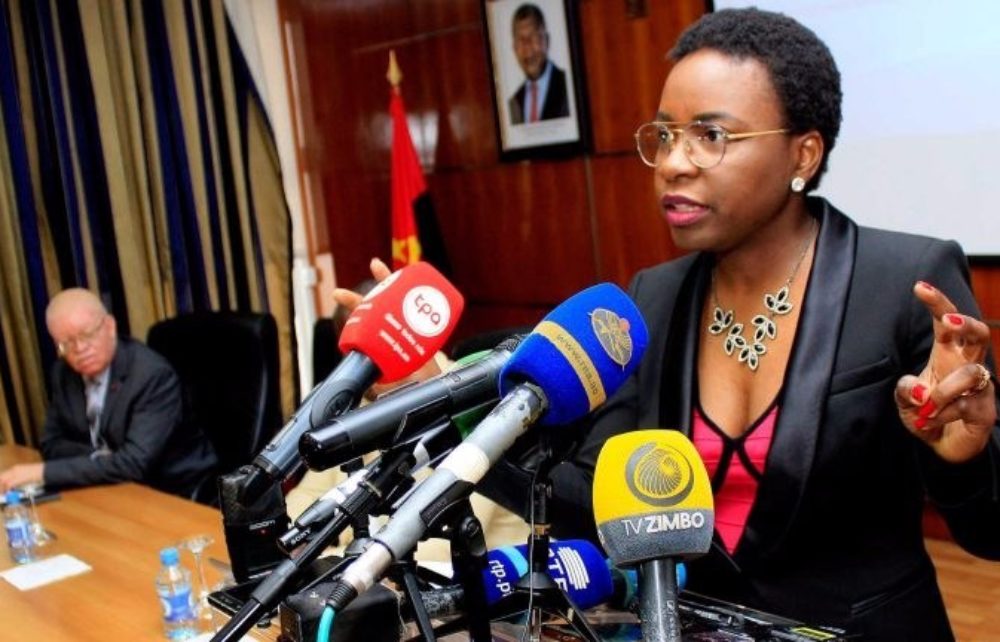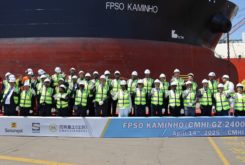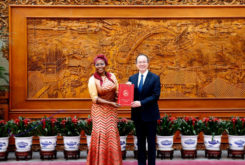The Angolan government has requested its sovereign partners of the G20 to put on hold the service of non-guaranteed bilateral debt, from 1 July to 31 December 2021.
According to the Finance Ministry, quoted by Angop news agency, the move allows for a saving of USD 3 billion, until 2023.
In a statement, the Finance Ministry said that the Angolan authorities, with the support of the International Monetary Fund (IMF) and other multilateral partners, continued to implement an “ambitious programme” of macroeconomic reforms, with emphasis on debt management.
Sub-Saharan Africa Recovery Slowed by Weak State of Public Finances
The programme, according to Angola’s Finance Ministry, continues to have the expected effects, to the extent that it has placed Angola’s public debt on a sustainable basis, despite the impacts caused by the Covid-19 pandemic.
Regarding scope and duration, the extension of the G20 Debt Service (DSSI) will provide Angola with additional funds to continue to mitigate the consequences of the Covid-19 pandemic and increase the Government’s capacity to continue with the implementation of its long term programme of sustainable economic growth for the country.
The Ministry of Finance expresses confidence in the support of its multilateral partners, adding that it does not foresee, at this time, the need to engage in further profile reformulation negotiations with creditors, beyond those related to the implementation of the DSSI.
Angola’s Finance minister Vera Daves (pictured above) said last week that the Government is discussing and evaluating the various possible options for a second financing programme with the International Monetary Fund (IMF), as soon as the current USD4.5 billion financing ends.
Vera Daves told Bloomberg news agency that monetary policy is critical, but “the most important thing is to put in place the necessary measures to grow, generate revenue and make our currency stronger to improve our international reserves, our rate of exchange and inflation”.
As for the growth forecasts, the minister stressed that the country is still very dependent on the oil sector, but that conditions are also being created to leverage other sectors, such as agriculture, small industries, fishing and financial services for the capital market.
“We are creating the infrastructure and an enabling environment to attract this type of investment”, the minister added.
Economic Reforms Make Angola More Attractive to Chinese Investment
The International Monetary Fund’s executive board has approved a disbursement to Angola of about USD 772 million after completing a fifth review of the African oil exporter’s loan program.
In a statement last week, the Fund said even though the effects of the Covid-19 pandemic was still being felt, the authorities @are continuing to strengthen public finances and debt dynamics”.
“They achieved a strong fiscal adjustment in 2020 and are on track to do the same in 2021,” IMF Deputy Managing Director Antoinette Sayeh said in a statement. “By saving the bulk of oil revenue windfall this year, they are helping to sustain the planned rapid reduction in public debt vulnerabilities. Their decision to request an extension of debt service relief under the Debt Service Suspension Initiative (DSSI) through end-December 2021 is welcome”, she added.




